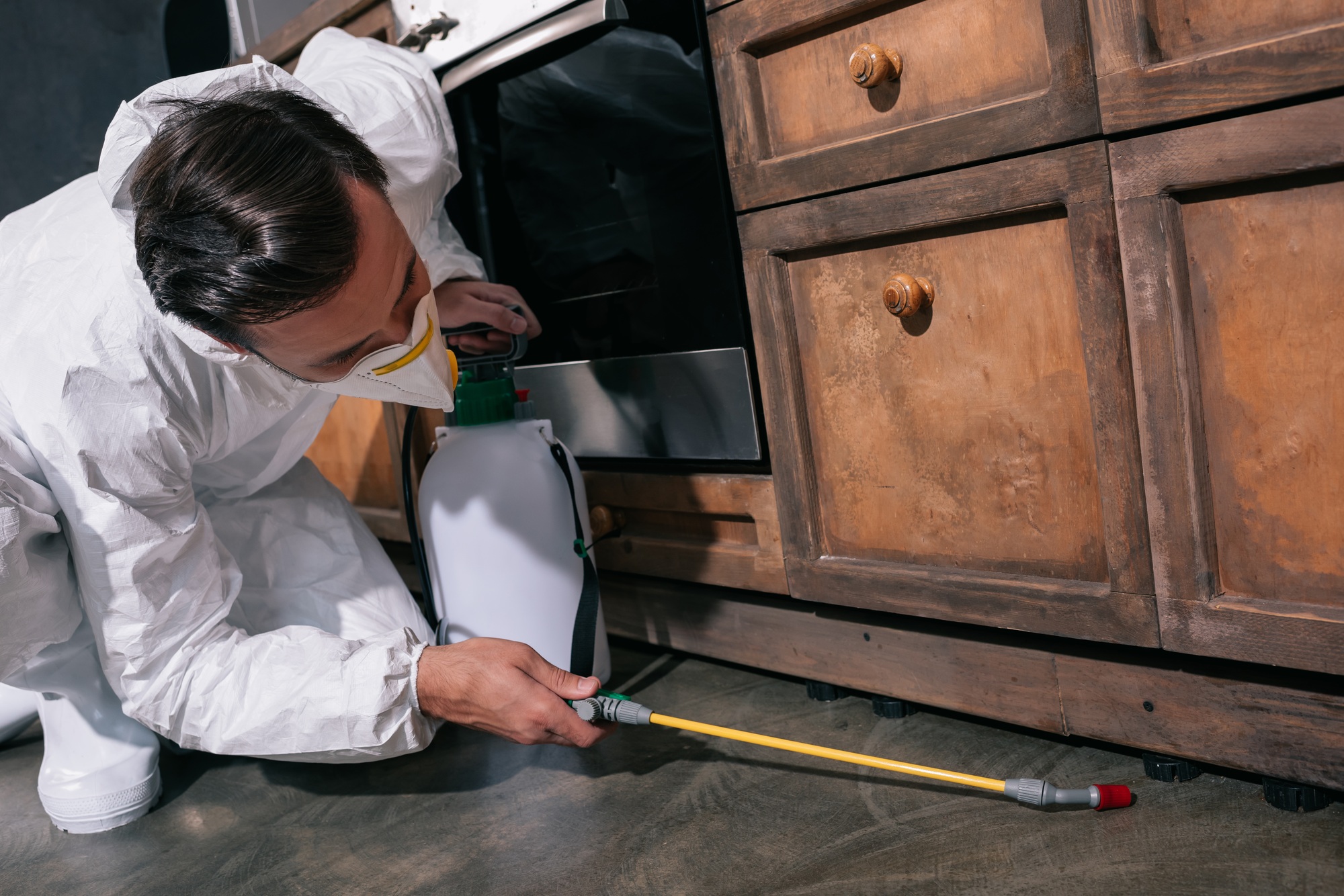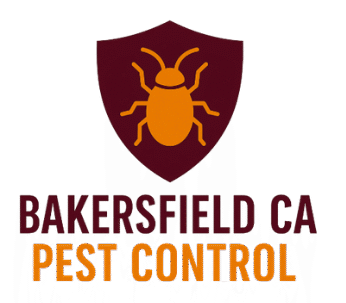Living in Bakersfield, California, brings many benefits, but it also means sharing our homes with various common household pests. Effective General Pest Control Bakersfield is essential to maintain a healthy and comfortable living environment. Our warm climate and diverse landscapes create ideal conditions for many insects and rodents to thrive, making proactive pest management a necessity for every homeowner. Understanding the habits and vulnerabilities of these unwelcome guests empowers you to protect your property and family. Pests like ants, cockroaches, spiders, and rodents not only cause discomfort but can also pose health risks or lead to significant property damage if left unaddressed. We understand the unique challenges Bakersfield residents face with pest infestations and provide clear, actionable strategies to help you identify, prevent, and manage these common intruders. This guide helps you recognize the signs of an infestation early, implement effective prevention techniques, and know when to seek professional assistance to ensure your home remains pest-free.

Understanding Common Pests: Ants and Cockroaches
Ants are arguably the most common nuisance pest in Bakersfield homes, constantly searching for food and water. You might encounter various species, including Argentine ants, odorous house ants, and pavement ants. Argentine ants, for instance, form massive colonies and can quickly establish trails into your kitchen or pantry, attracted by even the smallest crumbs or spills. Odorous house ants, as their name suggests, emit a distinct, unpleasant smell when crushed. To manage ants, focus on cleanliness: wipe down counters, sweep floors regularly, and store food in airtight containers. Seal cracks and crevices around windows, doors, and foundations, as these are common entry points. Cockroaches, particularly German cockroaches and American cockroaches, are another major concern. German cockroaches are smaller and often found in kitchens and bathrooms, preferring warm, humid environments. American cockroaches, larger and reddish-brown, often infest basements, drains, and sewers, sometimes entering homes from outdoor areas. These pests carry bacteria and allergens, posing health risks. Effective control involves meticulous sanitation, repairing leaky pipes, and eliminating clutter where they can hide. Place sticky traps in suspected areas to monitor their activity and identify their hiding spots. Consistent effort in these areas significantly reduces their presence.
Tackling Spiders and Rodents
Spiders are a common sight in Bakersfield, with several species frequently found indoors. While most are harmless, the black widow spider and brown recluse spider are venomous and require cautious handling. Black widows are identifiable by their shiny black bodies and a red hourglass mark on their abdomen, often found in dark, undisturbed areas like garages, sheds, and woodpiles. Brown recluse spiders, though less common, are light brown with a violin-shaped mark on their back. For general spider control, reduce clutter, especially in basements and attics, and regularly vacuum webs. Seal cracks and openings in your home’s foundation and around windows and doors to prevent entry. Rodents, including house mice and Norway rats, are persistent and destructive pests. Mice are small, agile, and can squeeze through tiny openings, often found nesting in walls, attics, and basements. Norway rats are larger and prefer to burrow, often found in sewers and around foundations. Rodents contaminate food, spread diseases like Hantavirus and Salmonella, and can cause significant structural damage by gnawing on electrical wires, pipes, and wood. Look for droppings, gnaw marks, and greasy rub marks along walls. To deter them, store food in sealed containers, clean up spills immediately, and ensure trash cans have tight-fitting lids. Trim vegetation away from your home’s foundation and seal all potential entry points, including gaps around utility lines and vents.
Managing Termites, Mosquitoes, and Flies
Termites are a serious threat to homes in Bakersfield, capable of causing extensive and costly structural damage before homeowners even realize they have an infestation. Subterranean termites, the most common type, build mud tubes on foundations or walls to travel between their underground colonies and your home’s wooden structures. Drywood termites, on the other hand, live entirely within the wood they infest, often leaving behind small piles of fecal pellets that resemble sawdust. Signs of a termite infestation include discarded wings near windows or doors, hollow-sounding wood, and visible mud tubes. Addressing termites early is crucial, as they can compromise the structural integrity of your home over time. Mosquitoes are not only annoying but also transmit diseases like West Nile virus. They breed in standing water, so eliminating puddles, clogged gutters, old tires, and even pet water dishes is vital. Use screens on windows and doors to keep them out. Flies, such as house flies and fruit flies, are attracted to decaying organic matter and can spread germs. Good sanitation is key: promptly clean up food spills, keep trash bins covered, and dispose of rotting fruit. Installing fly screens on windows and doors helps prevent them from entering your living spaces. Regular cleaning and attention to moisture sources are your best defense against these flying pests.
Implementing Integrated Pest Management (IPM)
An Integrated Pest Management (IPM) approach offers a long-term, sustainable solution for pest control, minimizing reliance on chemical treatments. IPM focuses on understanding the pest’s life cycle and environment to manage them effectively. This strategy begins with thorough inspection and accurate identification of the pest, followed by understanding why they are attracted to your home. Prevention is a cornerstone of IPM, emphasizing exclusion techniques like sealing cracks, repairing screens, and maintaining proper sanitation to deny pests entry and resources. Physical controls, such as traps for rodents or sticky traps for insects, are often employed. When chemical treatments are necessary, IPM advocates for targeted applications of the least toxic options, applied only where and when needed, to protect both the environment and your family. Regular monitoring helps assess the effectiveness of your pest control efforts and allows for adjustments as needed. For persistent or severe infestations, especially with pests like termites or large rodent populations, professional pest control services are invaluable. Experts possess the specialized knowledge, tools, and experience to identify the root cause of the problem and implement comprehensive, safe, and effective solutions. They can develop a customized IPM plan tailored to your specific home and pest challenges, ensuring a healthier and more secure living environment for you and your family.
